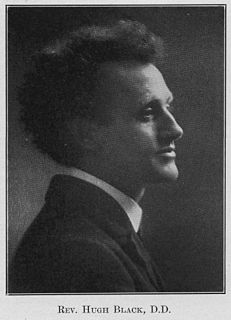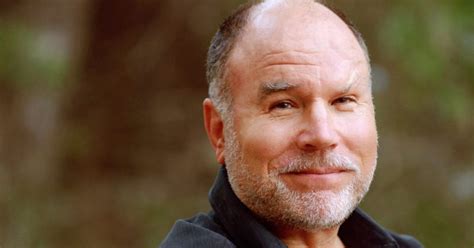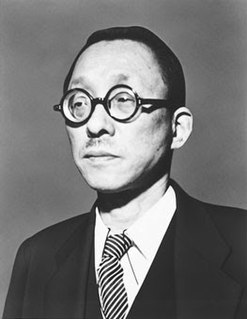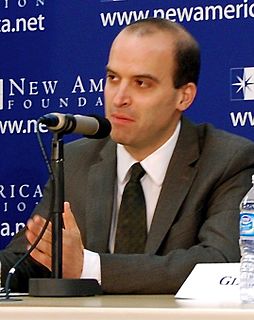A Quote by Hugh Black
It is the paradox of life that the way to miss pleasure is to seek it first. The very first condition of lasting happiness is that a life should be full of purpose, aiming at something outside self. As a matter of experience, we find that true happiness comes in seeking other things, in the manifold activities of life, in the healthful outgoing of all human powers.
Related Quotes
Lenten practices of giving up pleasures are good reminders that the purpose of life is not pleasure. The purpose of life is to attain to perfect life, all truth and undying ecstatic love - which is the definition of God. In pursuing that goal we find happiness. Pleasure is not the purpose of anything; pleasure is a by-product resulting from doing something that is good. One of the best ways to get happiness and pleasure out of life is to ask ourselves, 'How can I please God?' and, 'Why am I not better?' It is the pleasure-seeker who is bored, for all pleasures diminish with repetition.
There's been a false and negative distinction that's been made between joy and happiness. Unfortunately, the message we send to those both inside and outside the church is, "Seeking happiness is superficial and shallow. Go out and get it in the world, but you won't find happiness in God." But all people seek happiness, and because they do, we're basically telling them, "Stop seeking what God Himself wired you to seek." What we should be saying is, "Seek your happiness in the right place - in God Himself."
True happiness isn't something that can be made. It isn't the result of anything. Happiness comes to those who understand that you can't seek it any more than you seek the air you breathe. It is a part of life to be found within living. ... All pursuit of happiness is based upon the false assumption that there is a way to possess it; you may as well try to grab a handful of breeze! Happiness is the natural expression of a stress-free life, just as sunlight naturally warms the Earth after dark clouds appear.
And when you sense a faint potentiality for happiness after such dark times you must grab onto the ankles of that happiness and not let go until it drags you face-first out of the dirt - this is not selfishness, but obligation. You were given life; it is your duty to find something beautiful within life no matter how slight.
Certainly I believe that God gave us life for happiness, not misery. Humanity, I am sure, will never be made lazy or indifferent by an excess of happiness. Many persons have a wrong idea of what constitutes true happiness. It is not attained through self-gratification but through fidelity to a worthy purpose. Happiness should be a means of accomplishment, like health, not an end in itself.
Finding happiness is like finding yourself. You don't find happiness, you make happiness. You choose happiness. Self-actualization is a process of discovering who you are, who you want to be and paving the way to happiness by doing what brings you the most meaning and contentment to your life over the long run.
For optimists, human life never needs justification, no matter how much hurt piles up, because they can always tell themselves that things will get better. For pessimists, there is no amount of happiness—should such a thing as happiness even obtain for human beings except as a misconception—that can compensate us for life’s hurt.
It is a basic human need that everyone wants to
live a happy life. For this, one has to experience
real happiness. The so-called happiness that one
experiences by having money, power, and
indulging in sensual pleasures is not real
happiness. It is very fragile, unstable and fleeting.
For real happiness, for lasting stable happiness,
one has to make a journey deep within oneself and
get rid of all the unhappiness stored in the deeper
levels of the mind. As long as there is misery at
the depth of the mind all attempts to feel happy
at the surface level of the mind prove futile.
Looking at the world today, we might easily forget that the main purpose of our life - you could call it the heart of being human - is to be happy. All of us share the same wish, and the same right, to seek happiness and avoid suffering. Even following a spiritual path, or the religious life, is a quest for happiness.

































